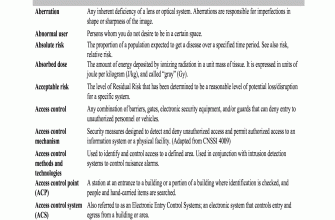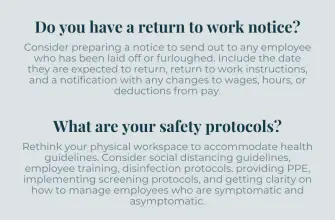Managing pregnancy-related sickness and absences at work can be a challenging task for both the employee and the employer. Pregnancy is a unique period in a woman’s life that brings about various physical and emotional changes. These changes can sometimes lead to health issues that require time off from work. This comprehensive guide aims to provide valuable insights into managing pregnancy-related sickness and absences at work, covering topics such as reasons for sick leave during pregnancy, how to handle missing work due to pregnancy sickness, and the rights of a pregnant employee.
Understanding Pregnancy-Related Illness
Before delving into the management of pregnancy-related sickness and absences at work, it’s crucial to understand what a pregnancy-related illness is. Pregnancy-related illness refers to any health condition or sickness that arises due to pregnancy. This can include morning sickness, sciatica in pregnancy, stress, and other physical or mental health conditions that are either caused or exacerbated by pregnancy.
Reasons for Sick Leave During Pregnancy
There are various reasons for sick leave during pregnancy. Some of the common ones include:
- Severe morning sickness
- Sciatica or other pregnancy-related back pain
- Antenatal appointments
- Stress or mental health issues
- Complications such as gestational diabetes or preeclampsia
It’s important to note that these reasons can vary greatly from one individual to another, and what one person might be able to manage at work, another might not.
Managing Morning Sickness and Work
One of the most common reasons for missing work due to pregnancy sickness is morning sickness. Morning sickness can be debilitating, making it difficult for the pregnant employee to perform their duties effectively. If you’re struggling with morning sickness, consider discussing your situation with your employer to find a suitable solution. This could involve flexible working hours, working from home, or taking time off work with morning sickness.
Calling in Sick When Pregnant
When calling in sick when pregnant, it’s essential to be honest and straightforward about your situation. You might be wondering what to say when calling in sick while pregnant. Simply explain that you’re not feeling well due to pregnancy-related illness and that you’re unable to come to work. Remember, it’s your right to take sick leave for pregnancy, and you should not feel guilty or worried about it.
Understanding Your Rights as a Pregnant Employee
As a pregnant employee, you have certain rights that protect you from discrimination and unfair treatment. These rights include:
- The right to take time off for antenatal appointments
- The right to sick pay when pregnant
- The right to maternity leave
- The right to not be dismissed or treated unfairly because of your pregnancy
It’s important to note that these rights apply regardless of whether you’re in the UK, Canada, or any other country. For instance, you cannot be fired for being pregnant in Canada or for calling in sick when pregnant in the UK.
Managing Pregnancy-Related Sickness and Absences at Work
Managing pregnancy-related sickness and absences at work requires open communication, understanding, and flexibility from both the employer and the employee. Here are some tips:
- Communicate openly with your employer about your pregnancy and any health issues you’re experiencing.
- Discuss flexible working arrangements that can accommodate your health needs.
- Take time off when necessary and don’t push yourself too hard.
- Understand your rights as a pregnant employee and don’t be afraid to assert them.
Remember, your health and the health of your baby are paramount. Don’t hesitate to take sick leave for pregnancy if you need it, whether it’s due to morning sickness, sciatica in pregnancy, stress, or any other pregnancy-related illness.
Conclusion
Managing pregnancy-related sickness and absences at work can be challenging, but with open communication, understanding, and the right knowledge, it can be effectively handled. Remember, it’s okay to take time off work when pregnant, and it’s important to prioritize your health and well-being during this unique period in your life.








